United Airlines, Delta, British Airways, Lufthansa, and Air Canada lead the way with Apple’s AirTag tracking feature. Airlines have used technology like NFC scanning to track luggage, but only recently did they adopt the AirTag’s powerful location-sharing capabilities.
Apple introduced this feature just as travelers demanded better baggage tracking after the travel surge. Many travelers began using AirTags in 2021, quickly making it a top choice for checked luggage. However, airlines couldn’t access this real-time tracking. Passengers, with AirTags in their bags, tracked their luggage on their own. Airlines often couldn’t offer the same data.
In late 2024, iOS 18.2 introduced a feature allowing users to share their AirTag’s location with airlines. This update arrived at the perfect time. Airlines struggled with delays and misplaced bags during peak travel periods. The AirTag integration bridges the gap between airline systems and real-time tracking from the Find My network, offering a more accurate view of luggage locations.
United Airlines was the first to activate this feature. Other major airlines like Delta, British Airways, Lufthansa, and Air Canada followed. When passengers report mishandled baggage, they can now share the AirTag link. This enables airline staff to view the bag’s location on a map, resolving discrepancies between the airline’s system and the AirTag’s real-time data.
Though the AirTag feature doesn’t yet fully utilize ultra-wideband technology, it still offers critical real-time data. This helps airlines during disruptions, providing accurate locations for unclaimed bags, even in a sea of thousands.
Related stories:
Catch up on the top stories and travel deals by subscribing to our newsletter!

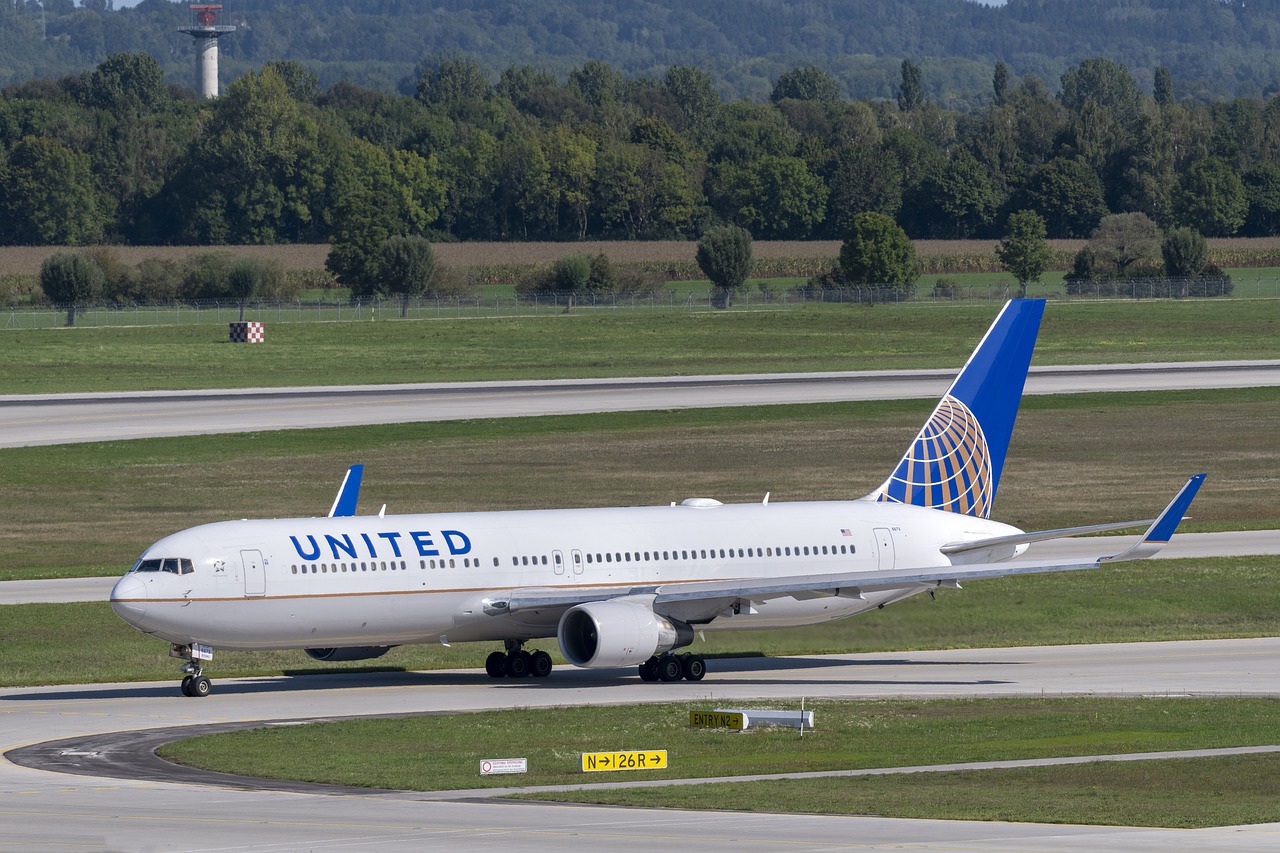

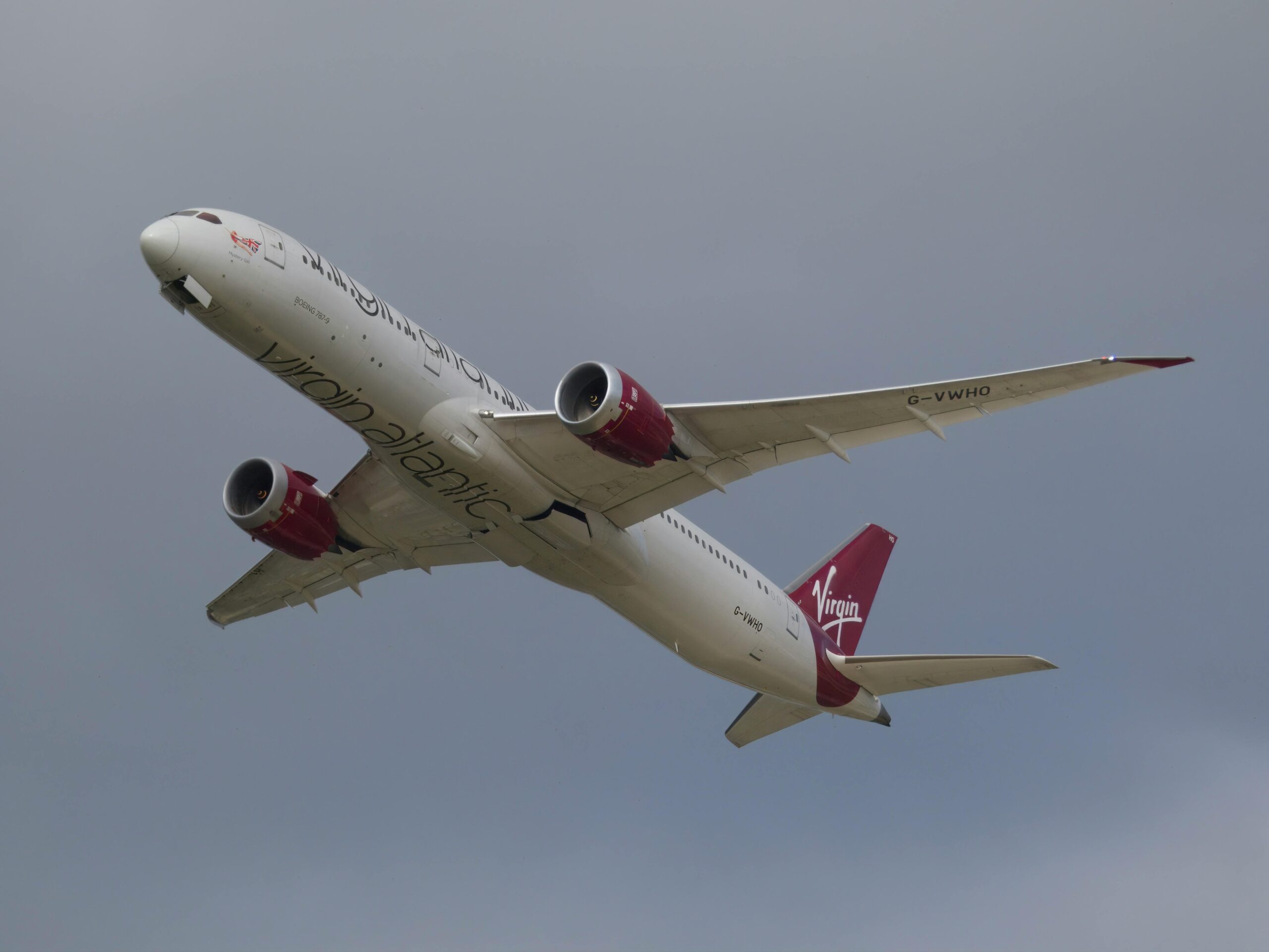
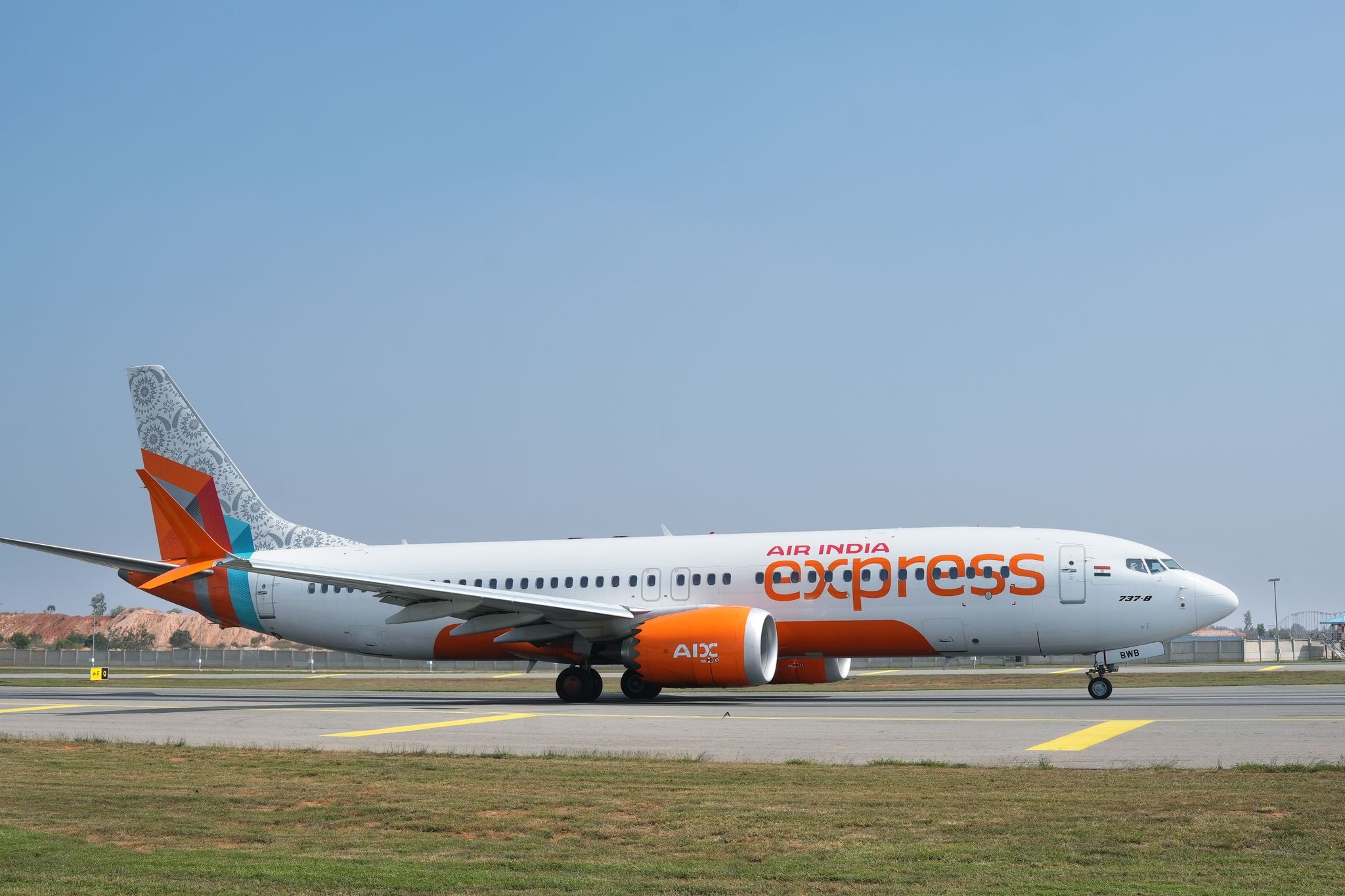
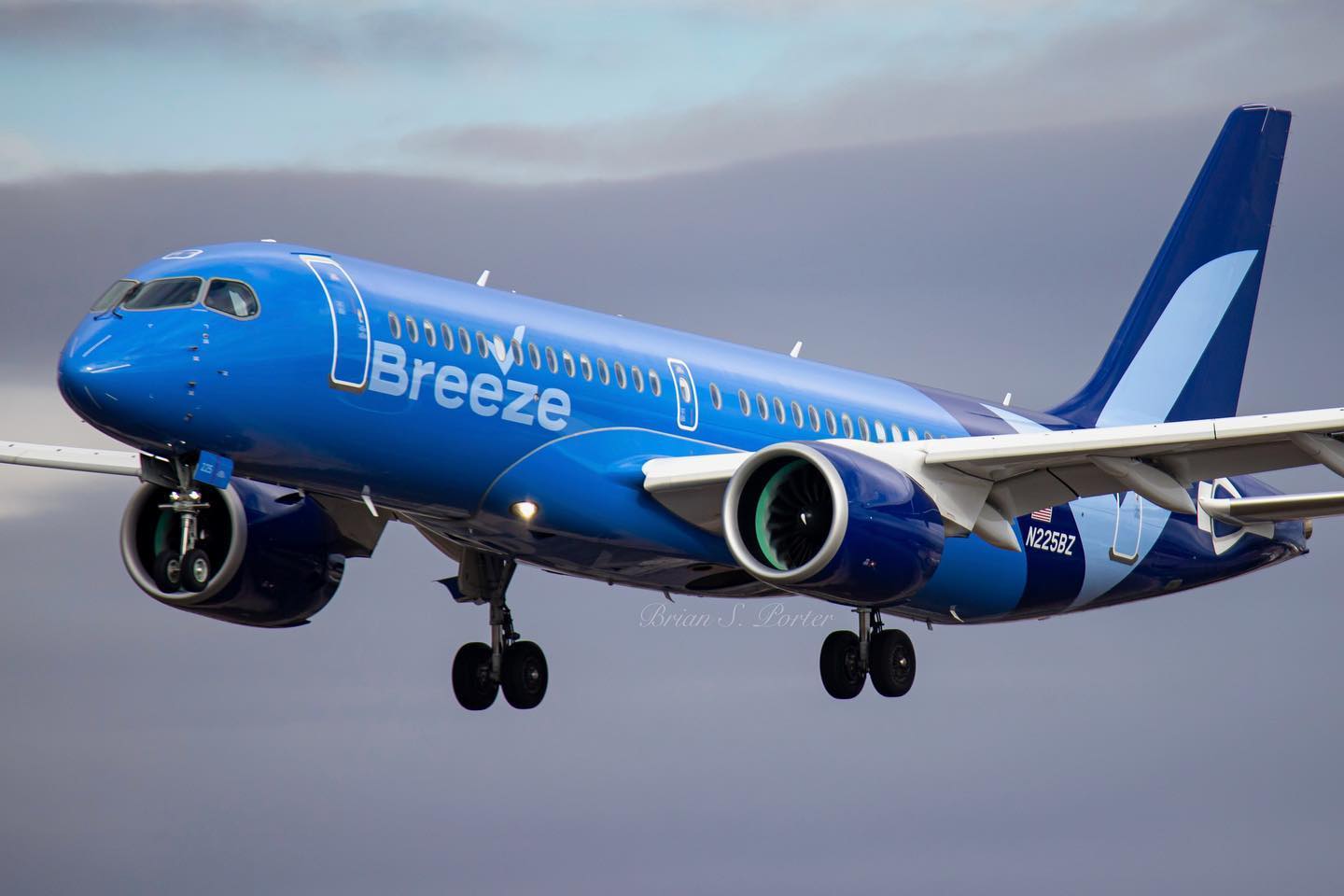
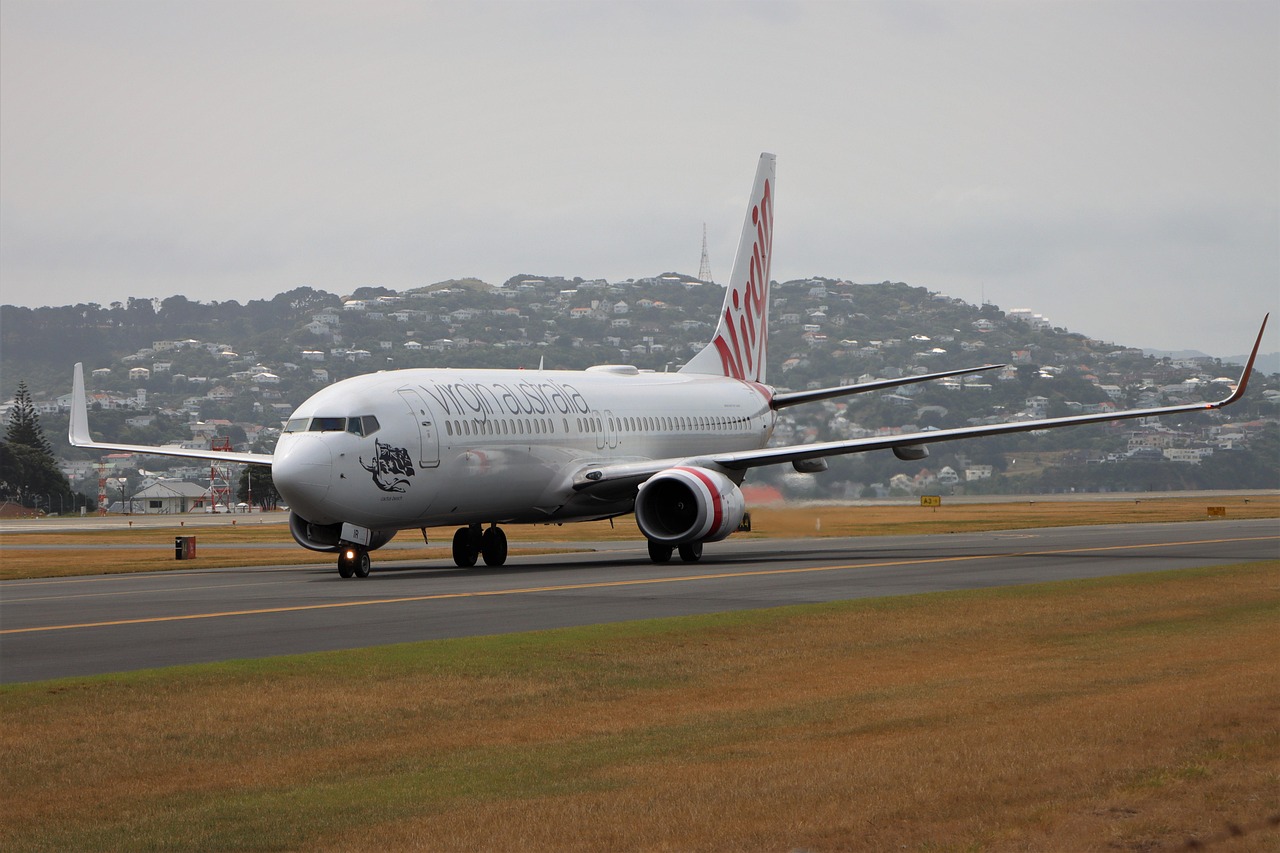
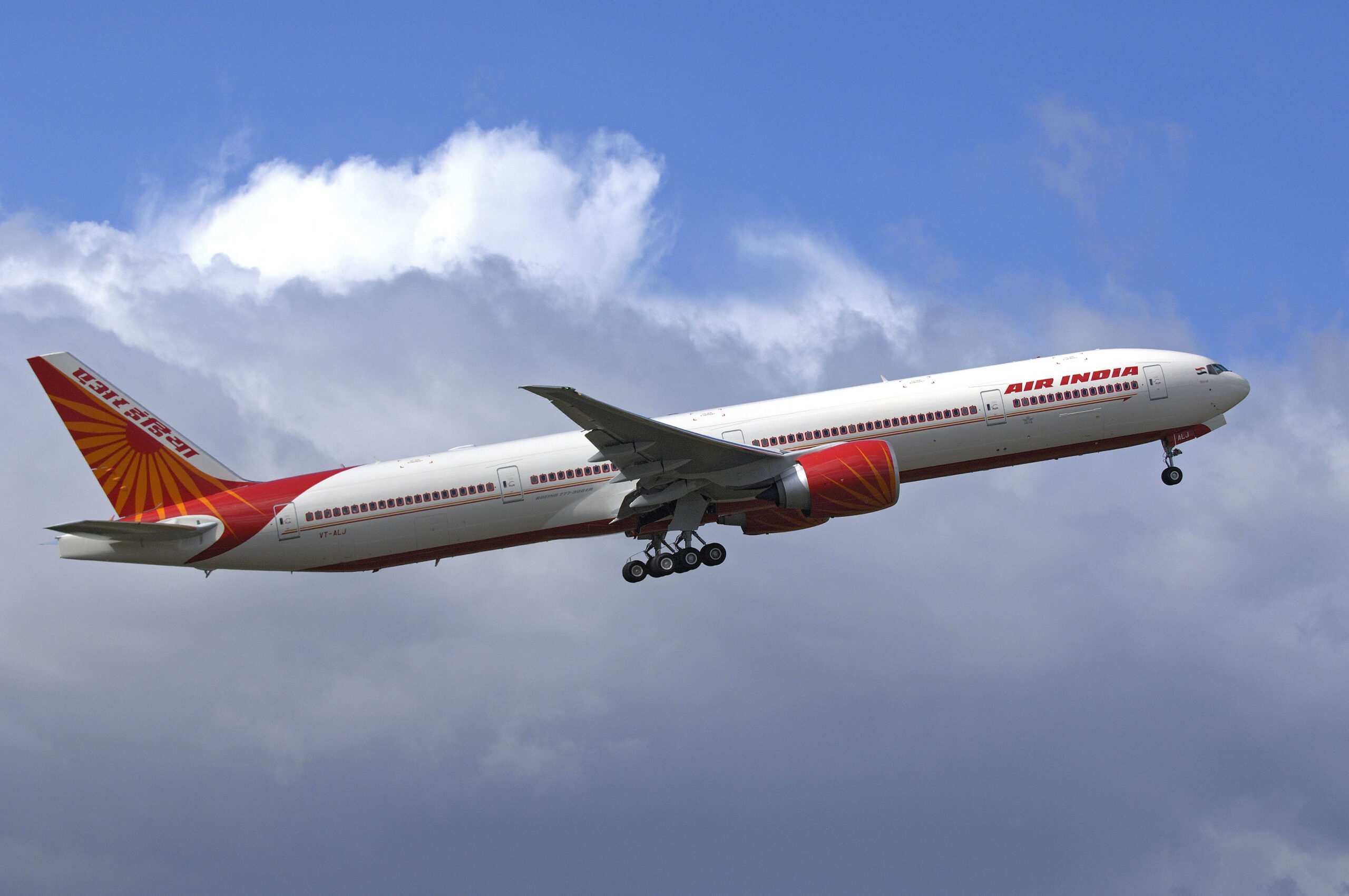




Leave a Reply